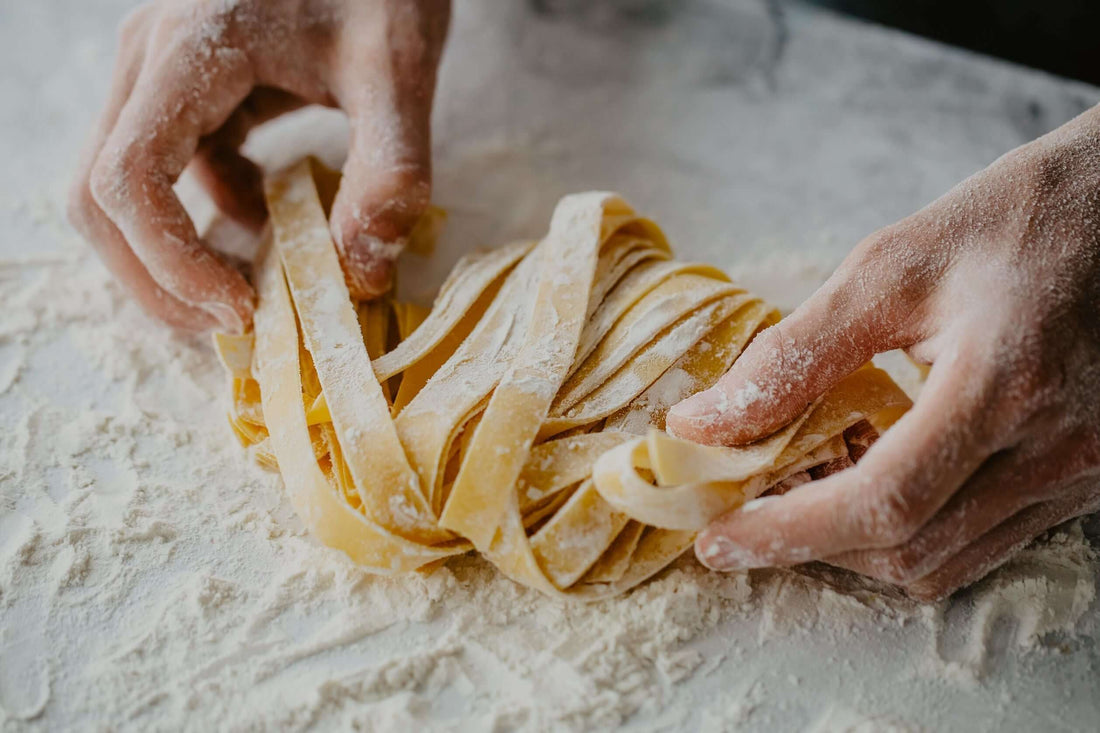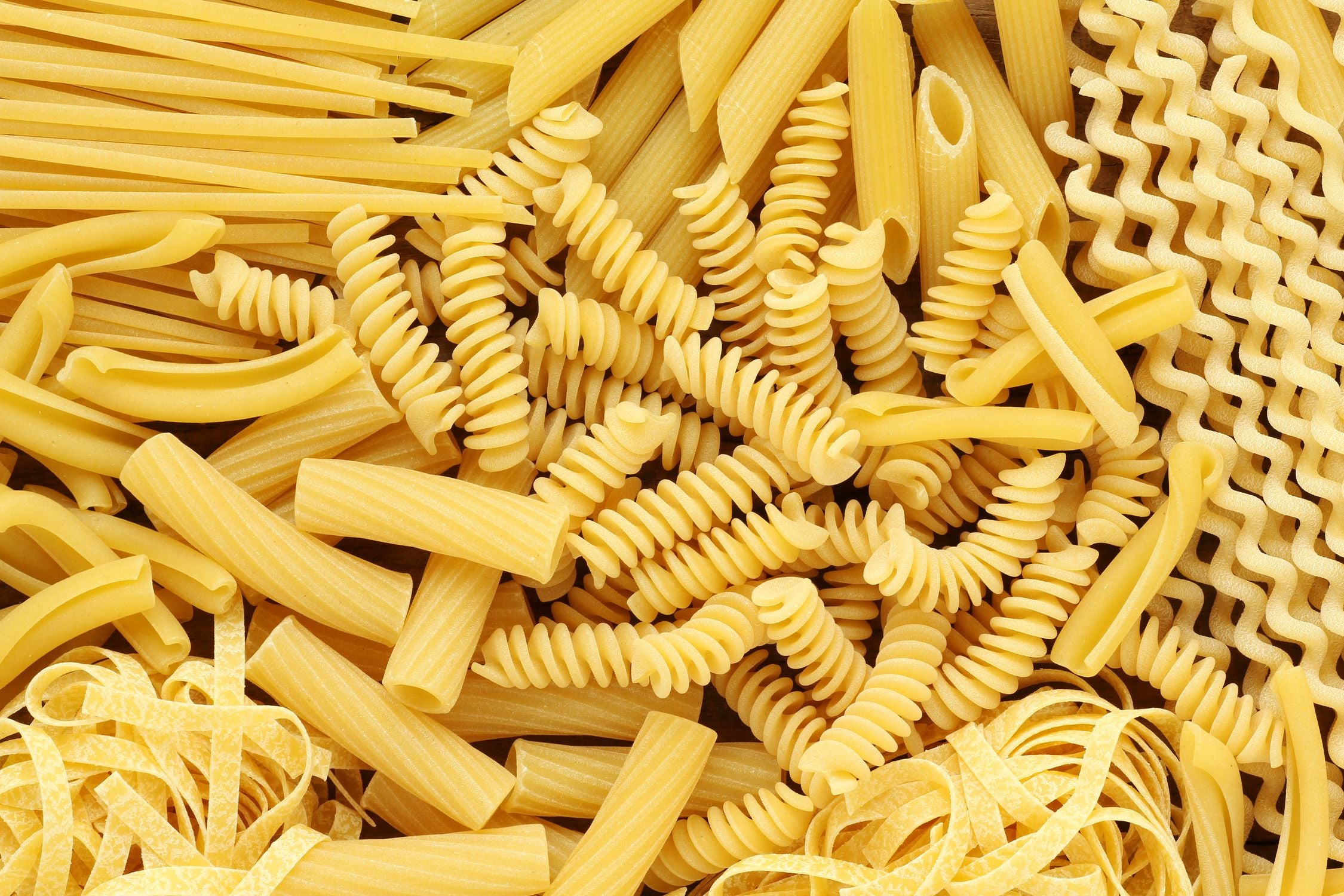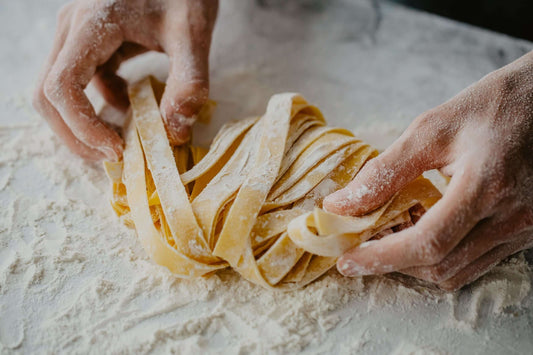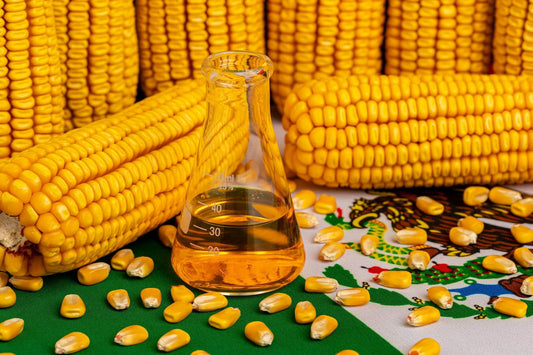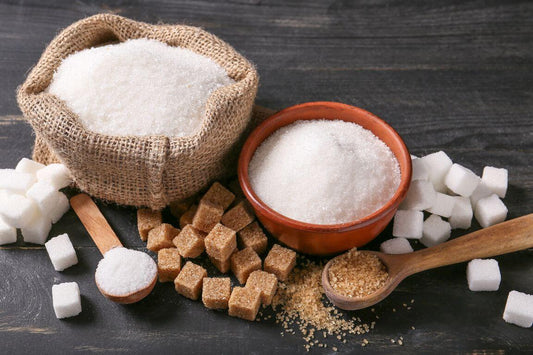In today’s gluten-concerned world, pasta sometimes gets labelled as a “sin.” Here, we share the proof for why no one should feel guilty over a bowl of pasta again.
The Mediterranean diet touts a balanced, healthy intake of carbs, protein, and veggies to get a glorious combination of minerals and vitamins. And thanks to Italy’s presence, pasta is a large factor.
In 2016, Italian researchers cheered victoriously (at least, we like to imagine they did!) for having discovered a wonderful truth: Pasta does not make you fat. Contrary to popular belief, carbohydrates like the much-beloved pasta are not responsible for weight gain. In fact, a bowl of pasta can have less fat and fewer calories than a protein-heavy meal.
The research, originally published in the journal Nutrition & Diabetes, was conducted under the Instituto Neurologico Mediterraneo Neuromed and submitted for analysis to the Italian Nutrition & Health Survey (INHS). For those of us who love our spaghetti, penne, and linguini, it is news that in turn makes us cheer!
How Italian Researchers Vindicated Pasta
As obesity rates increased into the early 2000s, protein-heavy diets like the Atkins Diet and the South Beach Diet vilified the consumption of carbohydrates, pasta included. People began to view carbs as the ultimate epicurean sin, and the story that carbs negatively affected body mass index (BMI) sparked into a roaring fire.
Despite popular opinion though, there was no scientific evidence to verify that carbs were the real weight-gain culprit. There is also no evidence proving that high caloric protein diets are better than low-in-fat carb consumption, particularly in relation to health conditions like bone health and kidney function. Even so, that didn’t stop people from eating fewer carbohydrates, even in countries where pasta is a food staple—namely, Italy. (The Nutrition & Diabetes article mentions this and makes it clear that this lack of evidence and obvious decrease in pasta consumption in Italy were points of inspiration for the years-long research project.)
Even Italians Started to Eat Less Pasta
Seeing as how prevalent pasta is in the Mediterranean diet, the Italian researchers wanted to know if people should continue to avoid pasta or go back to enjoying it. The team of 10 decided to find out the truth: Does pasta consumption have a negative impact on BMI, waist circumference, and waist-to-hip ratio?
Starting in 2009, participants of different ages and sexes were chosen at random, and over the course of several years, the researchers monitored the pasta intake of roughly 24,000 Italians in the Moli-Sani region and greater Italy. The weight, height, and waist and hip circumferences of participants from Moli-Sani were measured; those from outside the region called in to report their measurements and diets.
Their conclusion was surprising: "As a traditional component of the Mediterranean diet, pasta consumption was negatively associated with body mass index (BMI), waist circumference and waist-to-hip ratio and with a lower prevalence of overweight and obesity."
In other words, pasta got a bad reputation for making people fat, and that reputation was wasn’t justified. The researchers also compared their findings to similar studies conducted in the United States and Greece that determined that pasta—and carbs in general—were not responsible for weight gain.
How can this be? You might be asking….
The Truth in How the Body Processes Carbs
The system for how the body intakes food and uses it for energy is complex. While protein is necessary for repairing and building muscles, diets that are heavy in proteins can also be high in calories. This type of diet is great for people who are burning thousands of calories a day, like professional athletes and bodybuilders. According to the US Department of Agriculture, the average person burns roughly 2,000 calories a day (although there are some differences of opinion on the matter), which is about the same amount recommended for daily consumption (with 500 calories more for men).
Some high-protein meals also have a lot of fat, like Greek yogurt and cheese. Even if you are eating healthy protein-rich food, if your intake of calories is more than what gets burned, there will be some weight gain. Low-calorie carbohydrate consumption with little fat has a significantly lower number of calories, though. For example, a serving of pasta with a light tomato sauce is calculated to be 167 calories—that’s pretty easy to burn off.
You might be wondering: If that’s true, why do so many people lose weight on high-protein diets?
That’s where it gets tricky. Eating protein satiates your body and keeps you satisfied longer than eating carbs does. Carbohydrates, on the other hand, inflame your cells and trick your body into thinking it needs to consume more.
That is why the Mediterranean diet is so unique. The Mediterranean diet consists of proteins like eggs, meat, and fish, as well as vegetables, carbs, fibers, and calcium, and it integrates all these dietary components into an average meal. The consumption of carbs is counterbalanced with protein and other good nutrients. The real problem with eating carbs is in fact overeating other food.
So, the next time a friend orders a bowl of pasta while cringing and exclaiming, “It’s my cheat day!” don’t forget to let them in on the news!
Bon appetit!
Want to stick to healthy carbs? We recommend delicious ancient grains.
